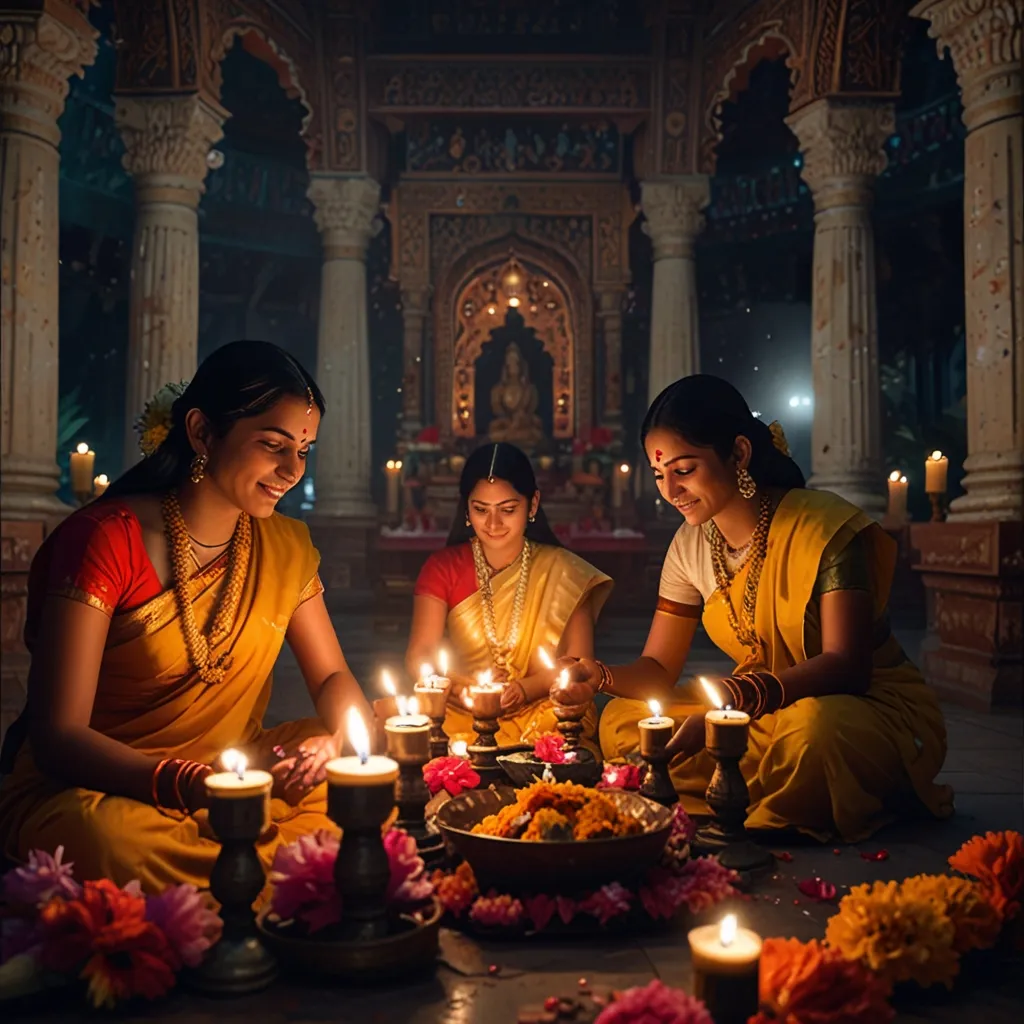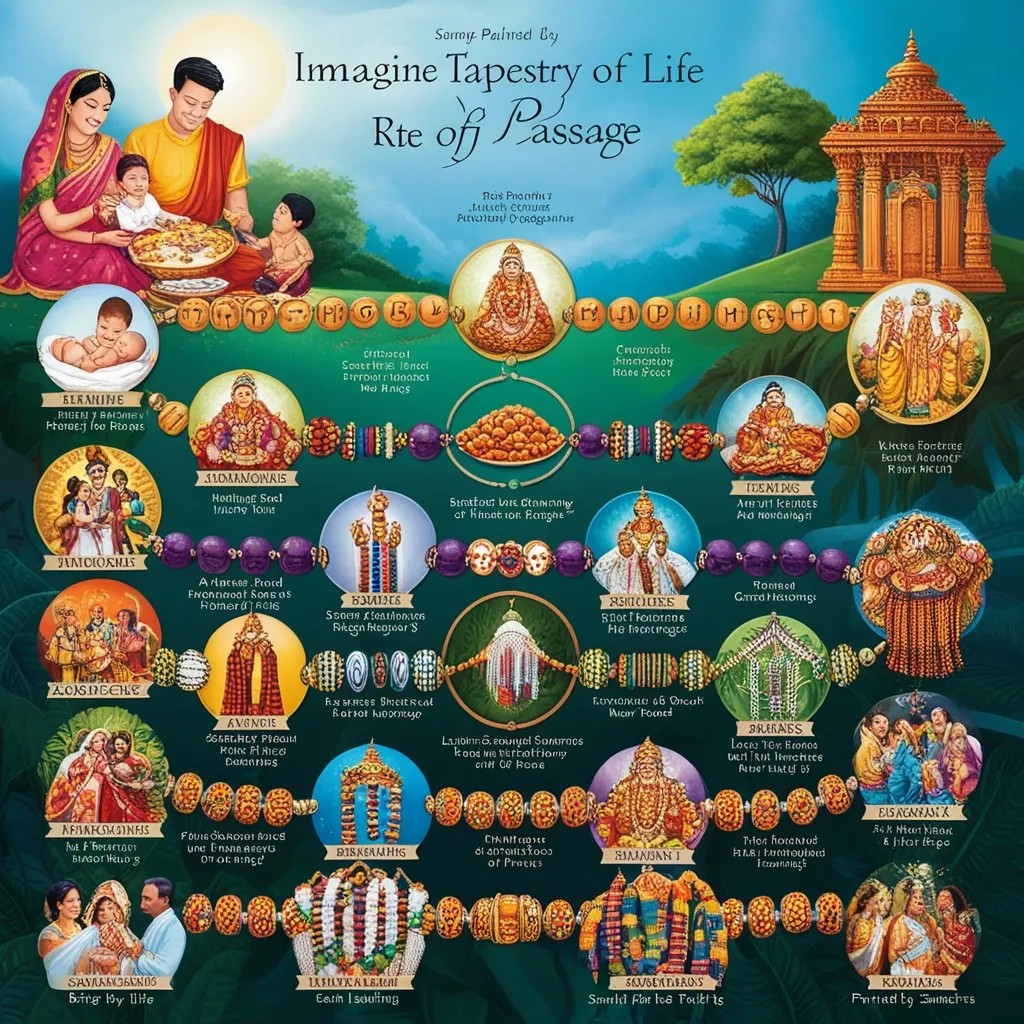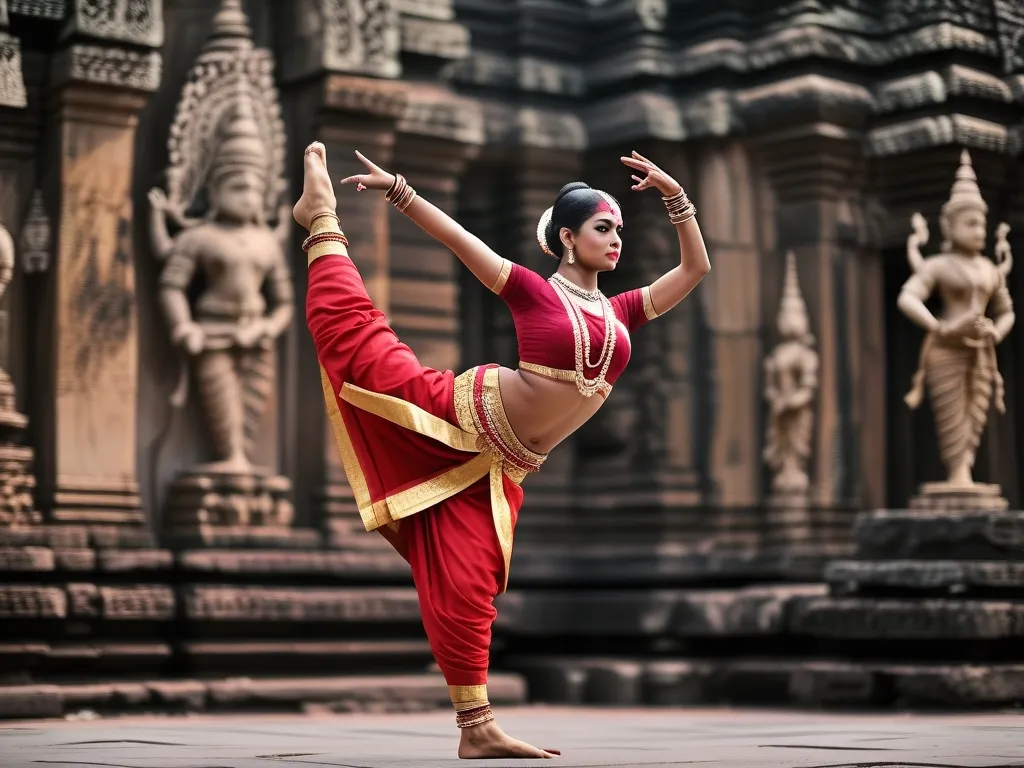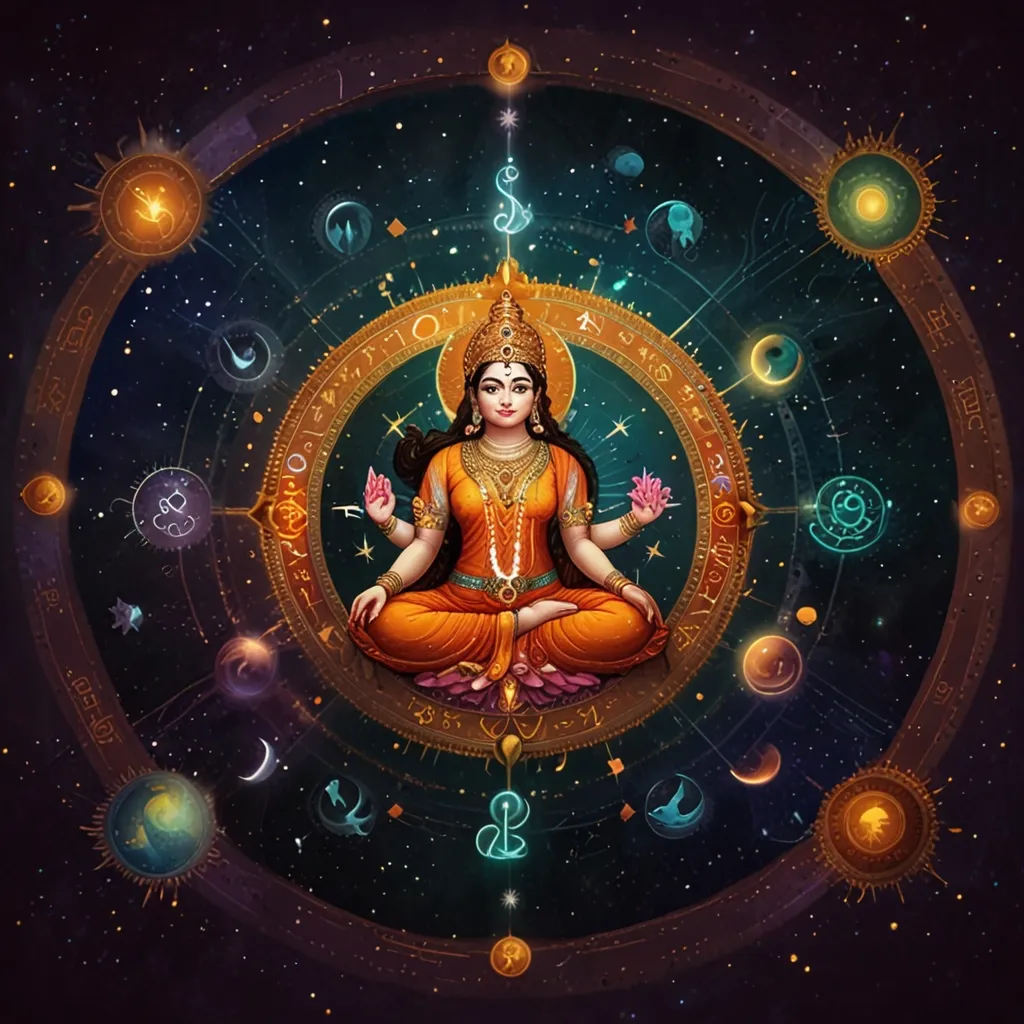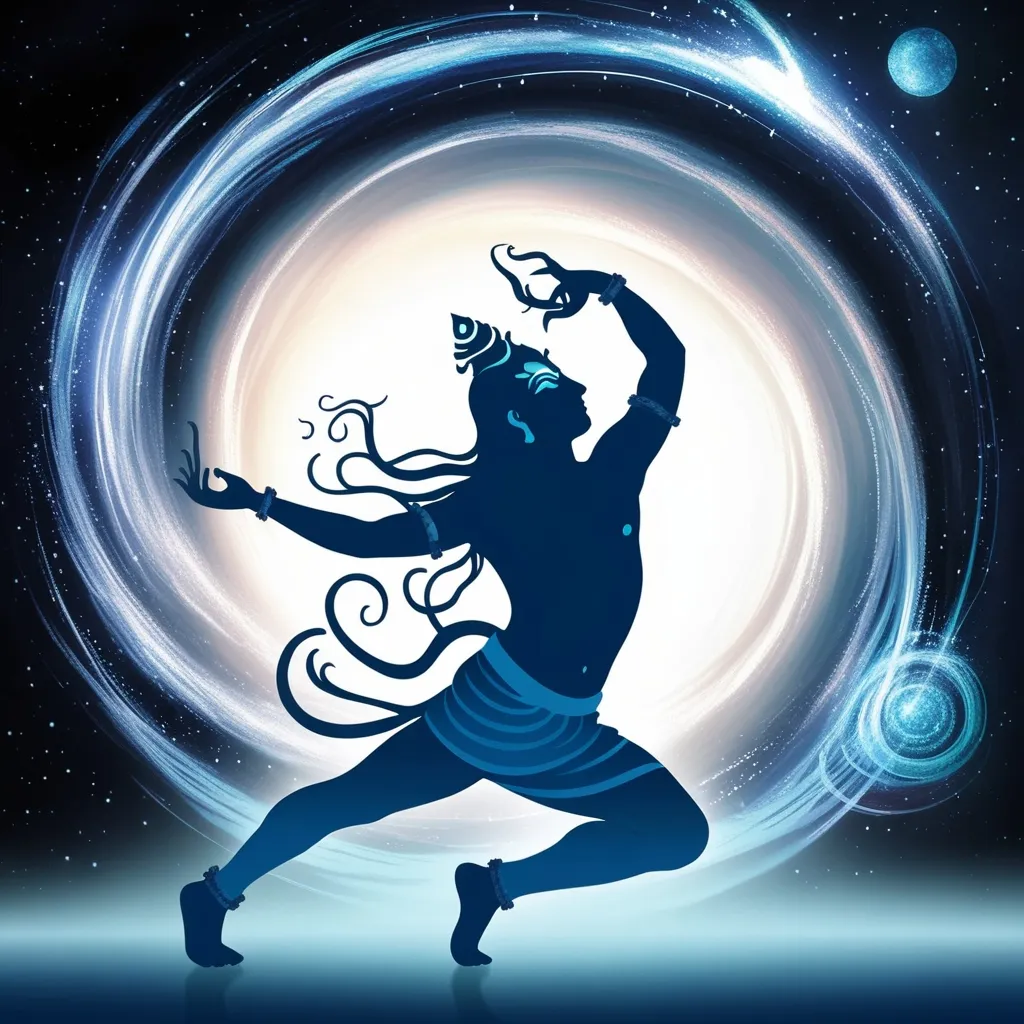Rituals, known as pujas, are a big deal in Hinduism. They help with emotional stability and overall well-being, creating a connection with the divine that so many people cherish. Let’s dive into how these rituals make a difference.
Puja is all about ritualistic worship. Picture this: chanting mantras, offering flowers and incense, lighting lamps, and even offering food. It’s a spiritual practice that ties you to something higher and, in turn, brings a sense of calm and stability.
Emotionally, engaging in pujas is gold. The whole act offers a structured routine, which is comforting, especially when life’s a little chaotic. Repeating mantras and familiar rituals work wonders, acting like a meditation that helps soothe the mind and reduce stress. It’s like a mental health spa day, every day.
Now, the belief in a higher power is a huge factor. By performing pujas, Hindus feel they connect with their deities, giving them security and comfort. This belief throws loneliness out the window because it makes you feel like you’re not walking through life’s challenges alone.
Then there’s the community aspect. Many pujas happen in temples or with family and friends. This communal vibe boosts emotional stability by weaving social connections and a sense of belonging. Sharing rituals with others means creating a supportive environment where people can find comfort and solace together.
Pujas naturally involve some introspection and self-improvement. Simple acts like lighting a lamp symbolize knowledge and shedding ignorance. These symbolic gestures make people reflect on their actions and aim for personal growth, enhancing emotional stability.
Prepping and performing pujas can be therapeutic. Cleaning the area, preparing offerings, and chanting are all acts of mindfulness. This focus on the present helps cut down stress and anxiety. It’s like taking a mental mini-vacation.
Significant life events, birthdays, weddings, even funerals, often feature pujas. These rituals mark milestones and help people cope with life’s ups and downs. Celebrating life’s events through pujas grounds individuals, helping them process and find emotional stability.
Gurus and spiritual leaders are also key players. They guide individuals through pujas, offering spiritual insight and support. Their guidance helps folks understand the deeper meanings behind the rituals, adding a layer of emotional stability through a sense of direction and purpose.
Studies have shown that these religious rituals can positively impact mental health. Pujas, in particular, can reduce symptoms of depression and anxiety by offering a sense of purpose and connection. The structured nature of these rituals also helps develop coping mechanisms for stress, which is a big win.
To wrap it up, pujas in Hinduism are way more than religious traditions. They’re a solid route to emotional stability. By connecting with the divine, fostering community ties, encouraging self-reflection, and reducing stress, pujas greatly contribute to the emotional well-being of Hindus. It’s a beautiful testimony to how faith and tradition can nurture emotional stability.
